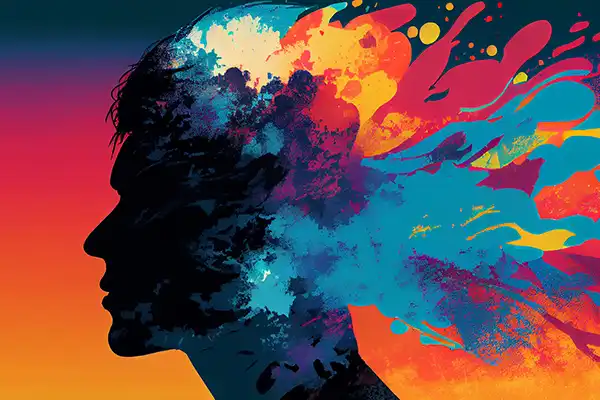

Activities
Our Blogs

10 Myths and Misconceptions about Cancer Pain
It might be one of your family members suffering with cancer pain, or it could be you. About 1-in-3 people with cancer experience pain. Studies have shown that 80% with advanced cancer experience moderate to severe pain, and as many as 50% may be undertreated for cancer pain. This could be quickly and effectively dealt with in India if you are in the know. Certain myths and misconceptions might have prevented you from seeking help. Let us go through the commonest of these myths.
A breast cancer sufferer who came to our clinic (Atlas Pain Care, Coimbatore) was severely distressed with pain. Seeing her suffering, she was referred to us by her neighbour. When asked, she said the reason for not coming in early was that her doctor did not advice pain killers as she was not in severe pain and that she would get addicted to the medicines with side effects. She had endured pain long enough before she showed up at our pain clinic. She was not alone in her predicament.
The most common cancer pain is from tumors that metastasize to the bone, tumors infiltrating the nerve and hollow viscus and as a result of chemotherapy, radiation or surgery. It is important to falsify certain myths associated with cancer pains so that you or your loved ones could choose the right course of treatment.
No. 1: My doctor is busy and do not listen to my pain complaint.
Let us assure you that, as the person in pain, you have every right to get adequate pain relief. Your doctor would normally do a complete assessment and keep track of pain. The goal should be to keep the pain at a level where you are comfortable. Well, this is what good medicine is all about. In addition to pain, other symptoms associated with cancer such as appetite and fatigue should also be looked into.
No. 2: I am a coward if I complain about pain.
This is far from truth. Some even think that they should endure maximum pain. In fact if your pain is relieved or reduced, your quality of life improves and so does your daily activities. Untreated pain takes a toll on your body and spirit.
No. 3: You should tolerate pain to maximum extent before taking pain medication.
There should be no waiting for adequate pain relief. Untreated pain results in depression, anxiety, fatigue, impaired relationships, inability to work and other psychological problems. There is evidence too that untreated or inadequately treated pain reduces the lifespan.
No.4: Pain medication like narcotics (morphine) is addictive
Recent evidence suggests that, when prescribed for non-cancer pain, the risk of addiction is 10-15%. Cancer patients rarely get addicted to narcotics. Addiction is when narcotics are used compulsively to treat emotional and psychological needs rather than pain relief. This is very rarely seen in cancer pain management.
No. 5: I am hurting more means cancer is getting worse.
Not necessarily so. There might be number of reasons why you are hurting more. One of them could be just either the dose is inadequate or you have developed tolerance to a particular drug and need to change to another pain medication.
No. 6: Doctor should know when I am in pain.
Even the finest doctors cannot guess the extent of your pain and suffering. They cannot guess the level of severity of your pain unless you tell them where, when and how the pain occurs. Like blood sugar or blood pressure, pain could not be measured. Pain is what you think it is. It is called a “subjective phenomenon” in scientific terms.
No.7: My pain is still not controlled on occasions.
Break through pain is a brief flare-up of severe pain that occurs even while you are taking regular pain medication. It is of sudden onset, associated with certain activities and may last from few minutes to an hour. It is treated by short-acting pain medications that work faster than long-acting pain medications.
No. 8: I want to stop pain medication as I am having side effects.
Do not stop taking pain medications just because you are having side effects. Discuss this with your doctor. He or she might lower the dose, change to another medication, or treat the side-effect itself. For example, morphine causes constipation, which could be easily treated with laxatives and nausea and vomiting which could be treated with anti-sickness medications. Most side-effects resolve over time as your body gets used to it.
No. 9: Pain management is expensive and not easily available.
This is not entirely true. Most cancer pains could be treated with minimal expense, though sadly availability in India is an issue. Pain management has a multidisciplinary approach to treat different types of pain. It involves medications to interventional treatments like coeliac plexus blocks and include allied fields like psychology, physical therapy and occupational therapy to treat physical, psychological and spiritual pain. Modern pain management clinics offer you the best options for managing your pain.
No. 10: Cancer pain is inevitable.
Pain is not inevitable but likely as cancer advances. Suffering, however, is optional. Some cancer patients never experience pain. Most cancer pain could be managed to an acceptable level through adequate assessment and treatment.


 Prev
Prev



